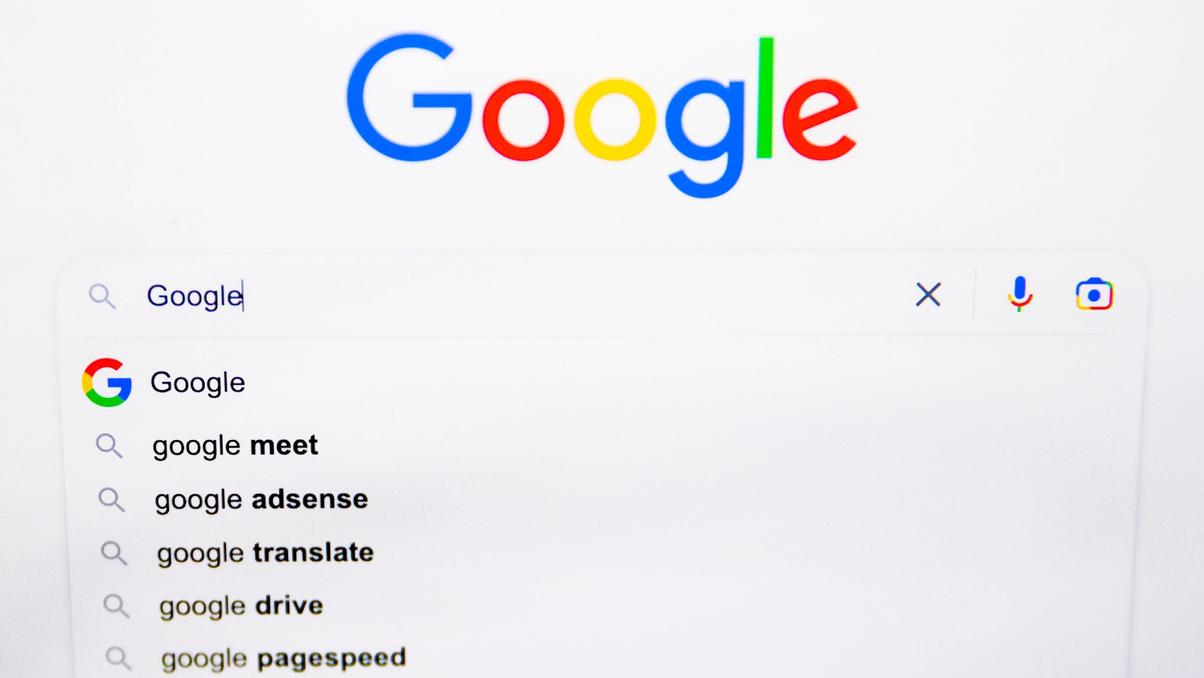Is Google A Monopoly? US Regulators Want To Find Out.
The search engine giant is going to court to defend its massive size. Shutterstock
Shutterstock
News that is entertaining to read
Subscribe for free to get more stories like this directly to your inboxIt’s so popular that the simple act of looking something up is known as “googling.”
But how did Google become such a Big Tech behemoth? The Department of Justice believes it might have violated antitrust laws along the way.
Defining a monopoly
It’s been years since the government has sought to break up a monopoly, but a case three years in the making is currently on its way to do just that. This week, a judge began hearing evidence in the case of U.S. et al v. Google, and the outcome could have big repercussions not only for the search engine but a host of other massive tech companies.
Antitrust expert Laura Phillips-Sawyer explained: “This is a pivotal case and a moment to create precedents for these new platforms that lend themselves to real and durable market power.”
The DOJ will argue that Google improperly paid other companies, including Apple, to include its search engine on various devices and software, effectively relegating its competitors to obsolescence.
For its part, Google maintains that it didn’t have any exclusive arrangements with Apple or other companies and customers were free to install other search engines if they chose to do so.
25 years later
When it first launched in 1998 (the same year Microsoft faced an antitrust complaint), Google touted itself as an idealistic company that just wanted to help people find what they were looking for online. It even included “don’t be evil” as part of its code of conduct, but that has since been removed.
Now, critics say it’s exploited that early success and is now too big. Unsurprisingly, Google attorney Kent Walker sees it differently, asserting that if laws make it “harder for companies to provide great goods and services for customers, that’s going to be bad for everyone.”
 Why Is The Aging Voyager 1 Probe Sending Back Incoherent Communications?
It's been speaking gibberish for a few months and officials are concerned.
Why Is The Aging Voyager 1 Probe Sending Back Incoherent Communications?
It's been speaking gibberish for a few months and officials are concerned. One Woman’s Massive Donation Is Wiping Out Tuition At This Medical School
Her inheritance came with the instruction to do "whatever you think is right."
One Woman’s Massive Donation Is Wiping Out Tuition At This Medical School
Her inheritance came with the instruction to do "whatever you think is right." Woman’s Pets Will Inherit Her Multimillion-Dollar Fortune, Not Her Kids
It's not the first time four-legged heirs were named in a will.
Woman’s Pets Will Inherit Her Multimillion-Dollar Fortune, Not Her Kids
It's not the first time four-legged heirs were named in a will.